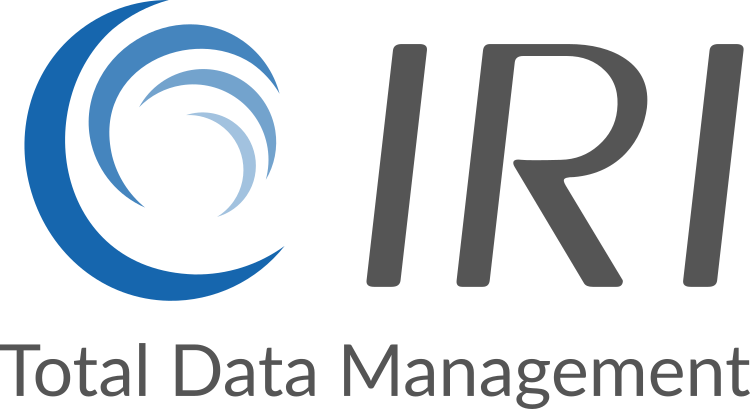IRI NextForm FAQ
IRI NextForm is a data and database migration tool that converts, replicates, federates, and reports on structured, semi-structured, and unstructured data across platforms and formats.
NextForm supports flat files, legacy formats (e.g., Vision, MF-ISAM), relational databases, cloud/SaaS sources, big data platforms, and semi-structured formats like JSON, XML, HL7, and X12.
Yes. NextForm migrates data between Oracle, DB2, SQL Server, MySQL, PostgreSQL, Teradata, MongoDB, and more, including schema and type remapping.
NextForm converts legacy file formats and data types into modern equivalents, enabling reuse in new applications and platforms.
Yes. NextForm replicates and federates data across sources to create unified views and support analytics and reporting.
Yes. NextForm converts field types, endian states, and encoding formats to ensure compatibility across systems.
Yes. NextForm supports migration to and from cloud platforms like AWS, Azure, GCP, Salesforce, and Marketo.
NextForm uses optimized I/O and point-and-click field mapping to reduce design and run time by up to 75%.
Yes. NextForm can search, extract, and structure strings in unstructured sources like PDFs, emails, and MS Office documents.
Yes. NextForm can generate reports from migrated data and federated views, supporting BI and compliance workflows.
Yes. NextForm is included in Voracity and interoperates with CoSort, FieldShield, and RowGen for integrated data management.
Yes. NextForm helps port data from COBOL, MF-ISAM, and other mainframe formats to modern platforms.
Yes. NextForm jobs can be designed in the IRI Workbench GUI or scripted manually for automation.
NextForm is developed and supported by Innovative Routines International (IRI), with training, documentation, and technical support.
NextForm is licensed standalone or as part of Voracity, with pricing based on source types, volume, and deployment model.
Yes. NextForm supports migration from legacy warehouses to modern platforms like Snowflake, Redshift, BigQuery, and Synapse, preserving schema and data integrity.


